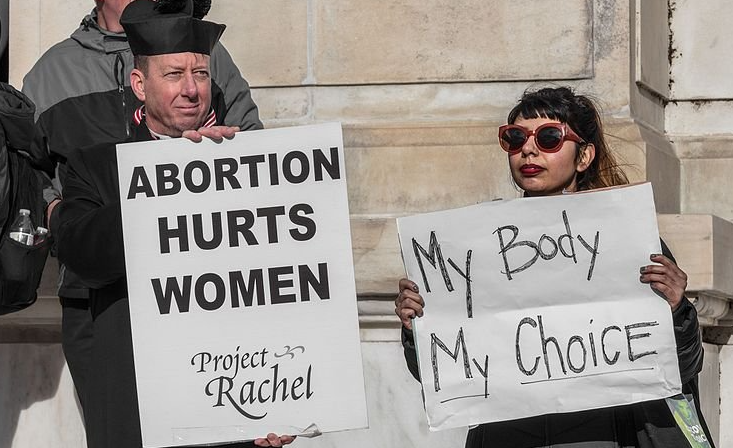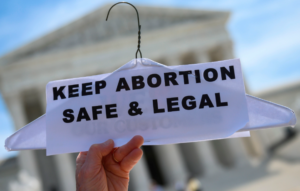
|
Getting your Trinity Audio player ready...
|
Abortion is a highly controversial and emotionally charged topic, with strong views on both sides of the issue. For many people, their religious beliefs play a significant role in shaping their opinions about abortion. In this article, we will explore more on abortion and religion . We will also look at how religious traditions approach the issue of abortion and how religious beliefs shape public discourse on the topic.
What is Abortion?
Abortion is the deliberate termination of a pregnancy. There are various reasons why a woman may choose to have an abortion, including medical reasons, personal reasons, and socioeconomic reasons. The legality of abortion varies from country to country, with some countries allowing it under certain circumstances, while others prohibit it altogether.
How do Different Religions View Abortion?
There is a wide variety of religious beliefs and practices around the world, and as such, there is no single, uniform stance on abortion across all religions. Here’s a brief overview of how some of the major religions approach the issue of abortion:
Christianity
Christianity is divided on the issue of abortion, with different denominations holding different views. While some Christians believe that life begins at conception and that abortion is therefore always wrong, others believe that there are circumstances, such as in cases of rape, where abortion may be acceptable.
Islam
Islam generally prohibits abortion after 120 days, although there is some debate over when life begins. Islamic scholars generally agree that abortion is only permissible in cases where the mother’s life is in danger.
Hinduism
Hinduism views abortion as a sin, although there is some disagreement over when life begins. Some Hindus believe that life begins at conception, while others believe that it begins at the point of quickening, which is around the 16th week of pregnancy.
Buddhism
Buddhism generally discourages abortion but does not consider it to be morally equivalent to killing a living being. Some Buddhists believe that it is acceptable to have an abortion in cases where it would prevent suffering.
How Do Religious Beliefs Shape Public Discourse on Abortion?
Religious beliefs play a significant role in shaping public discourse on the issue of abortion. Many anti-abortion activists are motivated by their religious beliefs . They argue that abortion is morally wrong and that it goes against God’s will. Pro-choice activists, on the other hand, argue that women should have the right to make their own decisions about their bodies and their pregnancies.
Religious beliefs also influence political debates over abortion. In many countries, politicians who are opposed to abortion are often supported by religious groups, while those who are in favour of abortion rights are often supported by secular groups.
In some cases, religious beliefs can also lead to acts of violence or harassment against those who provide or seek abortions. For example, abortion clinics have been targeted by anti-abortion activists, and doctors who perform abortions have been threatened and even killed.
Religious Arguments Against Abortion:
Religious arguments against abortion often centre around the belief that life begins at conception . For Christians, the Bible is often cited as evidence that life begins at conception . More so , with passages such as Psalm 139:13-14 and Jeremiah 1:5 used to support this view. In Islam, the Quran teaches that human life is sacred and should be protected . They argue that abortion should only be allowed in cases where the mother’s life is in danger.
Other religious arguments against abortion include the idea that every child is a gift from God, and that it is our responsibility to protect and care for the unborn. Some religious conservatives also argue that abortion undermines traditional family values and promotes promiscuity and sexual immorality.
The Role of Religious Leaders and Institutions:
Religious leaders and institutions have played a significant role in shaping public discourse on abortion. In many cases, they have been vocal opponents of abortion, using their platforms to mobilize their followers and influence public policy.
However, some religious leaders and institutions support abortion rights and reproductive justice. The Religious Coalition for Reproductive Choice, for example, is an interfaith organization that advocates for access to safe and legal abortion .
Conclusion
The issue of abortion and religion is a complex and emotionally charged one. This topic has strong views on both sides of the debate. While there is no single, uniform stance on abortion across all religions, religious beliefs play a significant role in shaping public discourse . We hope you have picked up something from this article about abortion and religion and how different religions view this topic.

